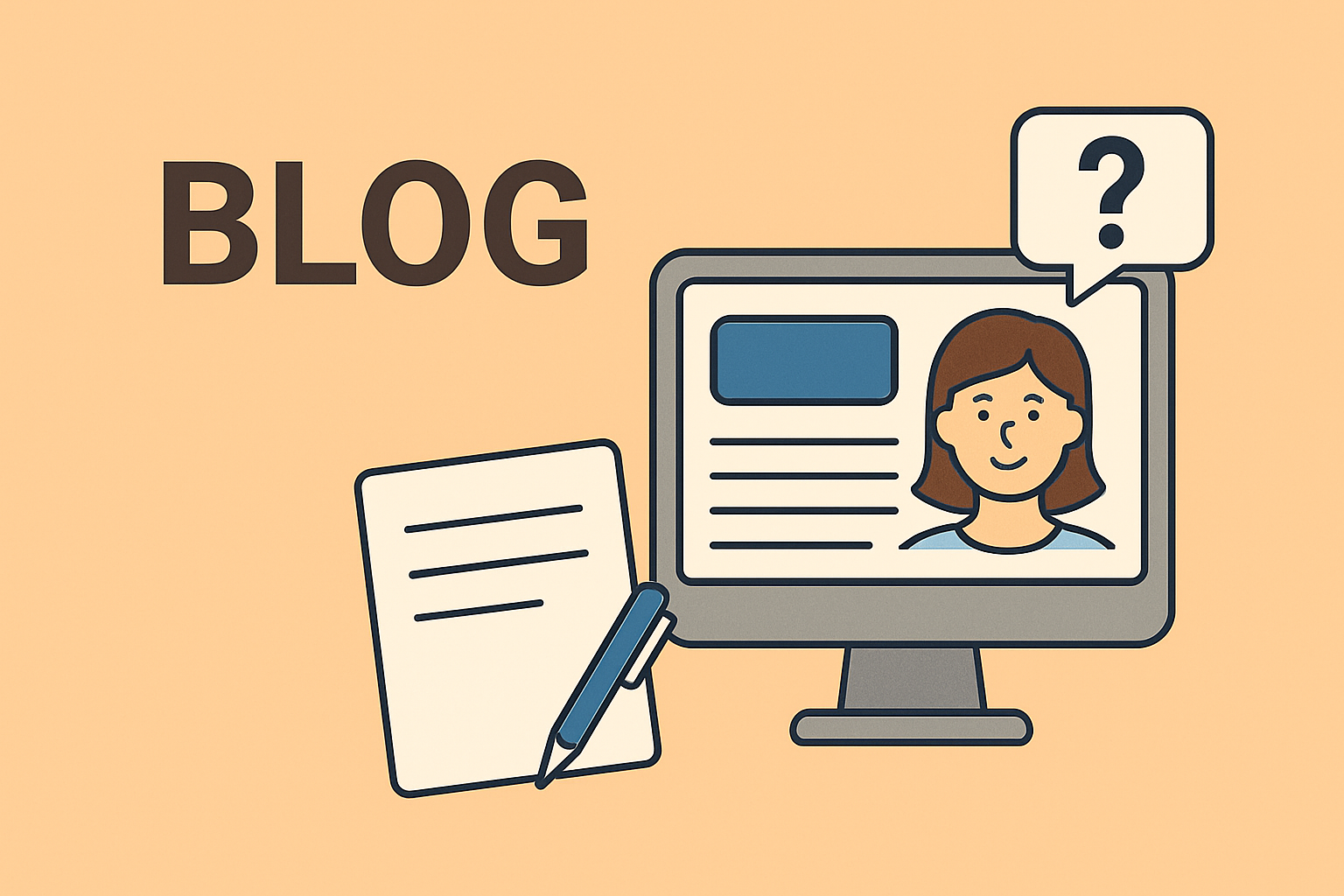
Protecting Your Vision for Life
In our digital age, maintaining healthy eyes has never been more important. From hours spent staring at screens to environmental factors that affect our vision, proper eye hygiene and care are essential components of overall health. This comprehensive guide will walk you through everything you need to know about keeping your eyes healthy, preventing common problems, and establishing habits that promote lifelong vision health.
Understanding the Importance of Eye Health
Your eyes are remarkable organs that allow you to perceive the world around you. They're also incredibly delicate and require regular care to function at their best. According to the CDC, regular comprehensive dilated eye exams can detect eye diseases in their early stages when treatment is most effective in preventing vision loss.
Many eye conditions develop gradually without obvious symptoms, making preventive care crucial. Vision problems affect approximately 12 million Americans aged 40 years and older, yet many of these issues could be prevented or effectively managed with proper eye hygiene and regular examinations.
Essential Eye Hygiene Practices
1. Hand Hygiene First
Before touching your eyes or handling contact lenses, always wash your hands thoroughly with soap and water. This simple step prevents the transfer of bacteria and viruses to your eyes, reducing the risk of infections like conjunctivitis (pink eye).
2. Proper Makeup Practices
For those who wear eye makeup, follow these guidelines:
- Replace eye makeup every three months to prevent bacterial growth
- Never share eye makeup with others
- Remove all eye makeup before sleeping
- Avoid applying makeup to the inner eyelid margin
- If you have an eye infection, discard all current eye makeup
3. Contact Lens Care
If you wear contact lenses, proper care is essential for eye health:
- Clean and disinfect your lenses as directed by your optometrist
- Use only solutions recommended for your specific type of lenses
- Never expose contacts to water, which can contain harmful microorganisms
- Replace your lens case every three months
- Never sleep in lenses unless specifically designed and approved for overnight wear
- Put contact lenses on before applying makeup, and remove them before removing makeup
- Wash hands thoroughly before handling contacts
Digital Eye Strain Prevention
1. Follow the 20-20-20 Rule
Every 20 minutes, take a 20-second break and focus on something at least 20 feet away. This helps reduce eye fatigue and strain by giving your eye muscles a chance to relax.
2. Optimize Your Workspace
- Position your screen about arm's length away (20-26 inches) from your eyes
- The center of the screen should be 4-5 inches below eye level
- Adjust brightness to match surrounding light levels
- Reduce glare with anti-glare screens or by adjusting lighting
- Increase text size as needed for comfortable reading
Common Eye Conditions and Prevention
Dry Eye Syndrome
Dry eye occurs when your eyes don't produce enough tears or when your tears evaporate too quickly.
Causes include:
- Age (more common over 50)
- Extended screen time
- Environmental factors (wind, air conditioning, smoke)
- Certain medications
- Autoimmune diseases like rheumatoid arthritis and Sjögren's syndrome
- Meibomian gland dysfunction
Nutrition for Eye Health
What you eat plays a significant role in maintaining healthy eyes. Include these nutrients in your diet:
1. Lutein and Zeaxanthin
These powerful antioxidants are concentrated in the macula and help filter harmful blue light.
Sources: Leafy greens (kale, spinach, collard greens), brussels sprouts, broccoli, eggs, and corn.
2. Omega-3 Fatty Acids
These essential fats support tear function and may help prevent dry eye syndrome.
Sources: Fatty fish (salmon, tuna, mackerel), walnuts, flaxseeds, and chia seeds.
When to Seek Medical Attention
Contact an eye care professional immediately if you experience:
- Sudden vision loss
- Sudden blurry vision
- Eye pain
- Severe redness
- Light flashes
- New floaters (especially a sudden increase)
- Double vision
- Discharge from the eye
Expert Tips
Remember that many serious eye conditions develop without early warning signs, making preventive care and regular check-ups essential components of your eye health strategy.
Comments
Comments are currently disabled. Please contact us if you have any questions or feedback.